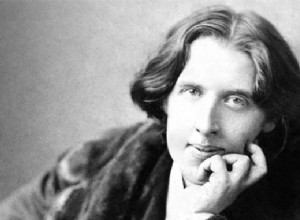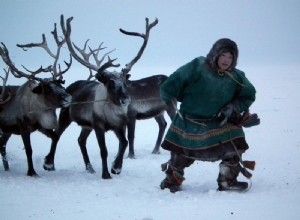Panhard AMD 178 The Panhard AMD 178, one of the best French armored cars. Armed with a 25 mm cannon, it rendered great service to the French. During the hostilities, she also served in the ranksof the German army. country France Type:self-armoured. Crew:4 men. Armament:one 25 mm cannon; a 7.5mm




